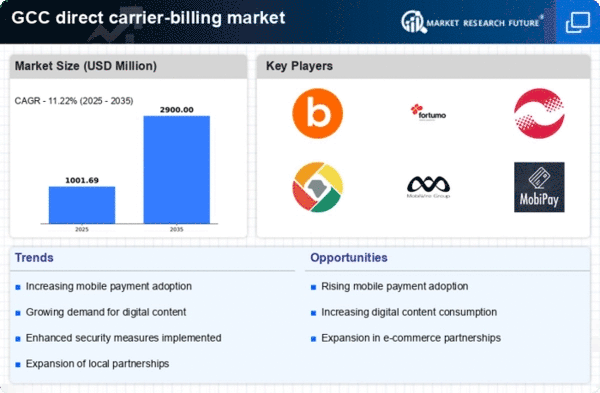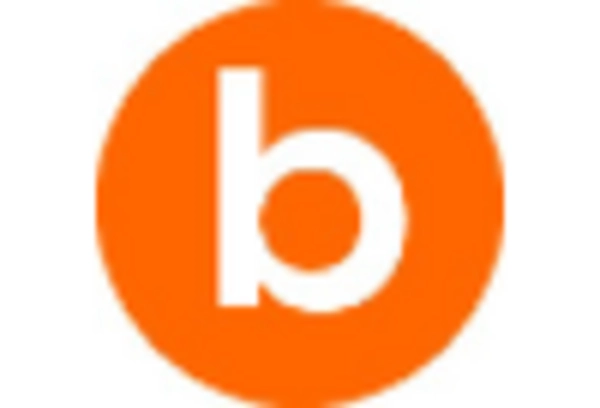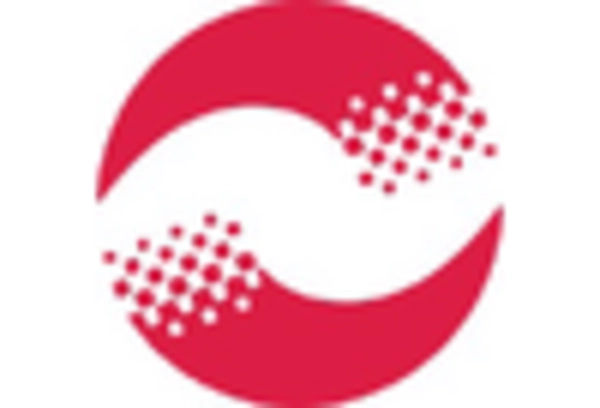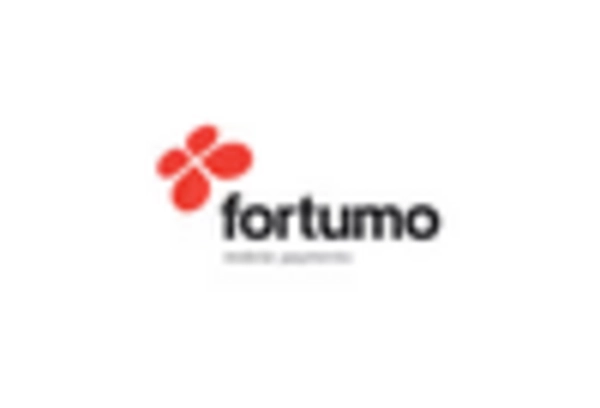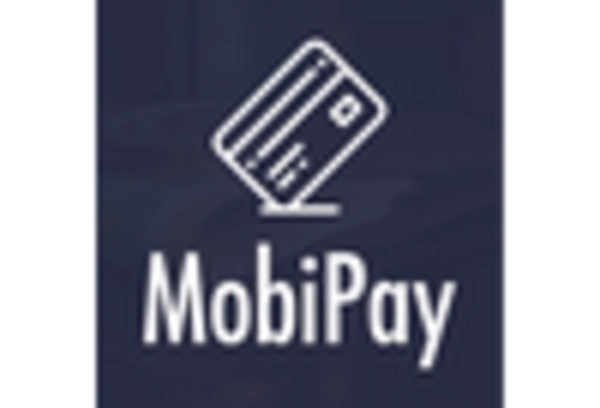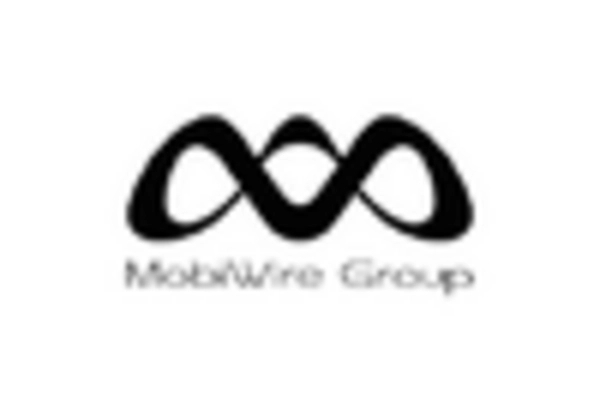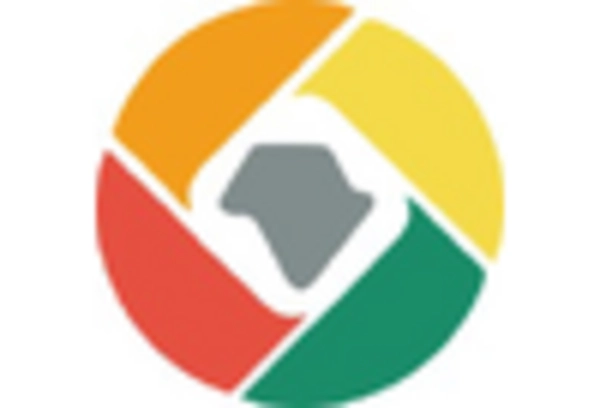Regulatory Developments
Regulatory frameworks in the GCC are increasingly supportive of digital payment solutions, which is a crucial driver for the direct carrier-billing market. Governments in the region are actively promoting cashless transactions to enhance financial inclusion and stimulate economic growth. As of November 2025, several GCC countries have implemented regulations that facilitate mobile payments, thereby creating a conducive environment for the direct carrier-billing market. These regulations often include consumer protection measures and guidelines for service providers, which help build trust among users. The alignment of regulatory support with technological advancements suggests that the direct carrier-billing market will continue to expand, as more consumers and businesses adopt mobile payment solutions. This regulatory landscape not only encourages innovation but also ensures that the direct carrier-billing market remains competitive and secure.
Evolving Consumer Preferences
Consumer preferences in the GCC are shifting towards more convenient and efficient payment methods, which significantly impacts the direct carrier-billing market. As of November 2025, a notable % of consumers express a preference for mobile payments over traditional methods, citing ease of use and speed as primary factors. This trend is particularly pronounced among millennials and Gen Z, who are more likely to engage with digital content and services. The direct carrier-billing market is poised to capitalize on this shift, as it offers a frictionless payment experience that aligns with consumer expectations. Furthermore, the rise of subscription-based services in entertainment and gaming sectors has created a fertile ground for direct carrier billing, allowing users to access content without the need for credit cards or bank accounts. This evolving landscape suggests a promising future for the direct carrier-billing market.
Increased Smartphone Penetration
The proliferation of smartphones in the GCC region has been a pivotal driver for the direct carrier-billing market. As of 2025, smartphone penetration in the GCC is estimated to exceed 90%, facilitating seamless access to mobile applications and digital content. This trend indicates a growing consumer base that prefers mobile transactions, thereby enhancing the appeal of direct carrier billing as a convenient payment method. The direct carrier-billing market benefits from this shift, as users increasingly opt for in-app purchases and subscriptions, which can be charged directly to their mobile accounts. This convenience is particularly attractive to younger demographics, who are more inclined to engage in digital spending. Consequently, the direct carrier-billing market is likely to experience substantial growth, driven by the increasing reliance on mobile devices for everyday transactions.
Expansion of Digital Content Services
The rapid expansion of digital content services in the GCC is a significant driver for the direct carrier-billing market. As of 2025, the region has witnessed a surge in demand for streaming services, mobile gaming, and e-commerce platforms, all of which increasingly utilize direct carrier billing as a payment option. This trend is indicative of a broader shift towards digital consumption, where consumers prefer instant access to content without the barriers associated with traditional payment methods. The direct carrier-billing market stands to benefit from this expansion, as it provides a seamless payment solution that caters to the needs of content providers and consumers alike. Moreover, partnerships between telecom operators and content providers are likely to enhance the visibility and adoption of direct carrier billing, further solidifying its role in the digital economy.
Technological Advancements in Payment Systems
Technological advancements in payment systems are reshaping the landscape of the direct carrier-billing market. Innovations such as enhanced security protocols, biometric authentication, and improved user interfaces are making mobile payments more secure and user-friendly. As of November 2025, these advancements are crucial in addressing consumer concerns regarding security and privacy, which have historically hindered the adoption of mobile payment solutions. The direct carrier-billing market is likely to leverage these technologies to enhance user experience and build consumer confidence. Furthermore, the integration of artificial intelligence and machine learning in payment processing could streamline operations and reduce fraud, making direct carrier billing an increasingly attractive option for consumers. This technological evolution suggests a promising trajectory for the direct carrier-billing market, as it adapts to meet the demands of a tech-savvy consumer base.


